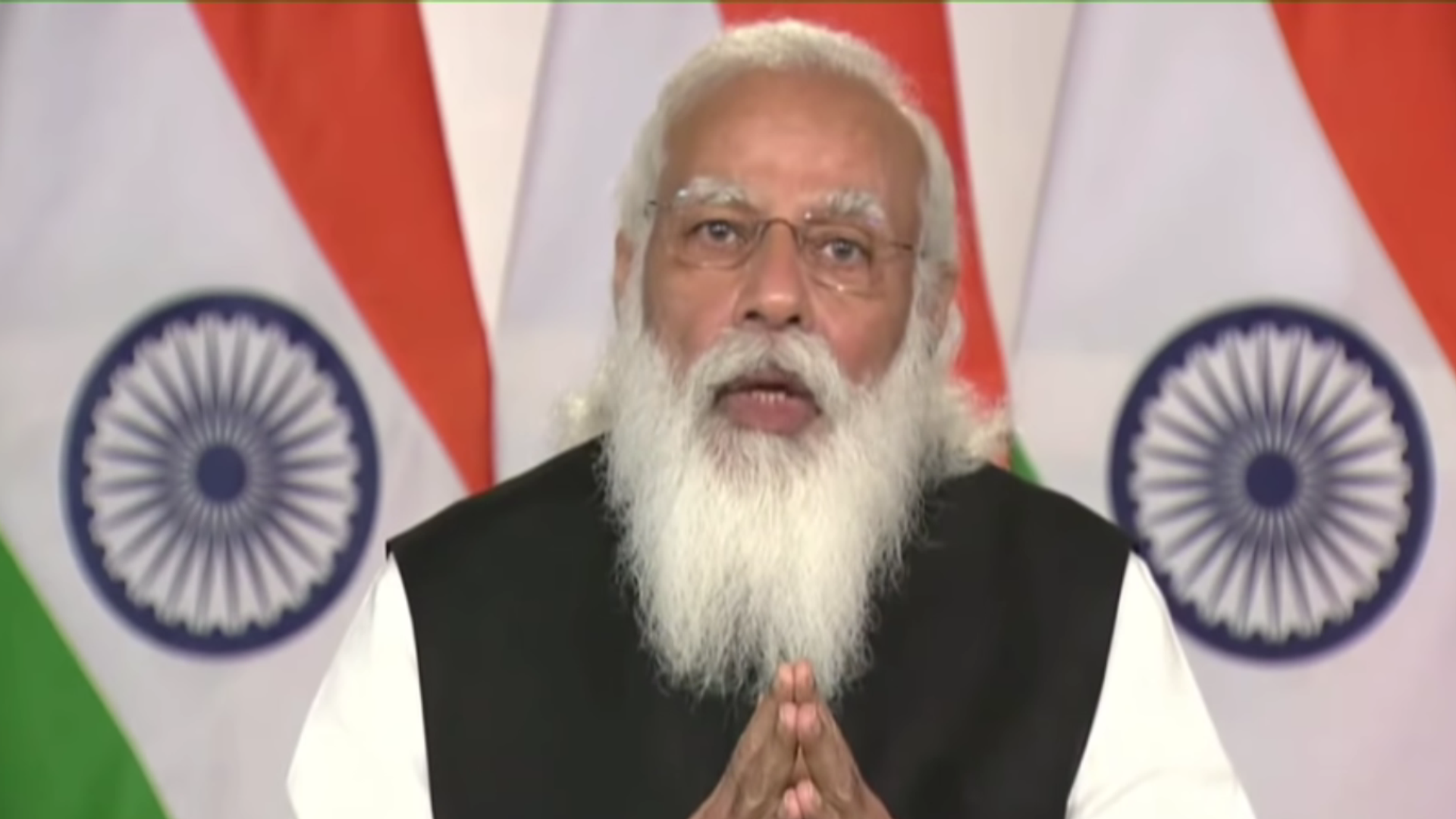Indian Foreign Minister Subramaniam Jaishankar has slammed western media outlets for "trying to depict India" in a certain way, as he rubbished claims that the Hindu nationalist government of Prime Minister Narendra Modi has been discriminating against the country's minorities, including Muslims.
"I do read about these things in western political sciences and hear about them in intellectual discussions (in the media). But let me be clear that it is not the case with us", stated Jaishankar, who is on a four-day visit to the US. The remarks by the Indian foreign minister were made during a virtual discussion with former US National Security Adviser HR McMaster, organised by the conservative American think tank the Hoover Institution.
When asked by McMaster if "India's friends" were right to be concerned about some of the recent criticism of the government over its human rights record and its handling of the pandemic, the Indian foreign minister staunchly defended the record of Prime Minister Narendra Modi's government.
"I would certainly see that as part of a political effort to depict our government in a certain way. I have a very profound difference with that (view)", said the Indian diplomat.
Jaishankar said that unlike in the past, India, under Prime Minister Modi, had done away with the practice of "vote bank politics".
"There was a great reliance on vote bank politics. Appealing to vote banks on the basis of religion and identity to win elections. We have departed from it", stated Jaishankar.
Commenting on the recent surge of Hindu identity politics in India, Jaishankar said that India still remained a "secular country" but Indians were now more confident about their culture.
"What we are seeing is the deepening of democracy. People are more confident about their culture, language, and beliefs. I would be very open about it", said the Indian minister.
"These people are from the English-speaking world, not as connected socially", he added.
The Indian minister further highlighted the steps taken by the Indian government to help the distressed masses to overcome the hardships accompanying the COVID pandemic.
"We are going through very stressful times", he said.
"We are giving free food to as many as 800 million people. We put money into the bank accounts of 400 million people. This is what this government did".
"If you are feeding more than two and half times the population of the United States, and you are funding more than the population of the United States. And you are doing this pretty much anonymously and impersonally beyond the name of the bank account holder. You are not asking for anything more. There are no criteria for discrimination", he explained.
"There is a difference between the political imagery and the governance record out there. I think that you should take it for what it is", claimed the visiting Indian dignitary.
The remarks by the Indian foreign minister come against the backdrop of increasing criticism of the Modi government in western media outlets, concerning its handling of the COVID pandemic's second wave and supposed discrimination of minorities under his government.




